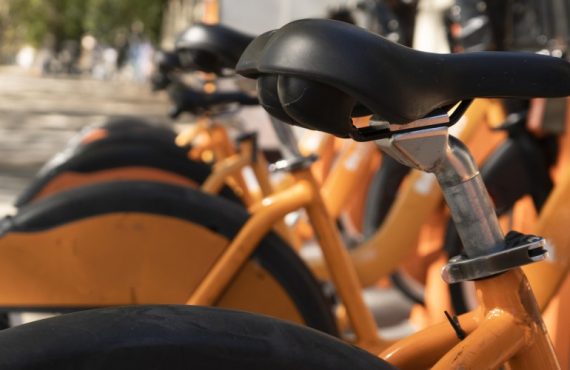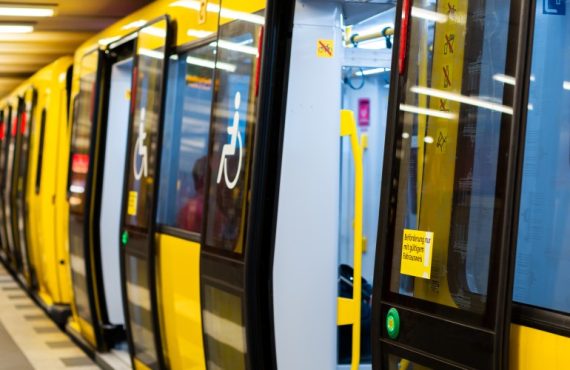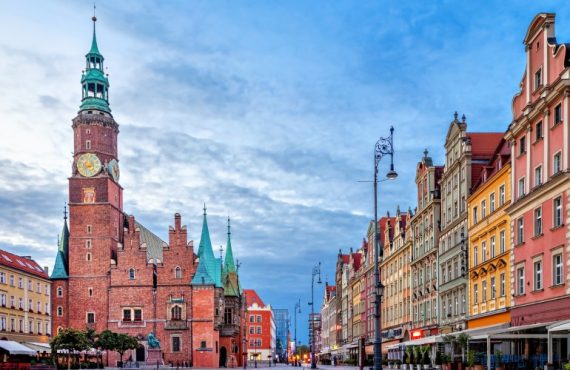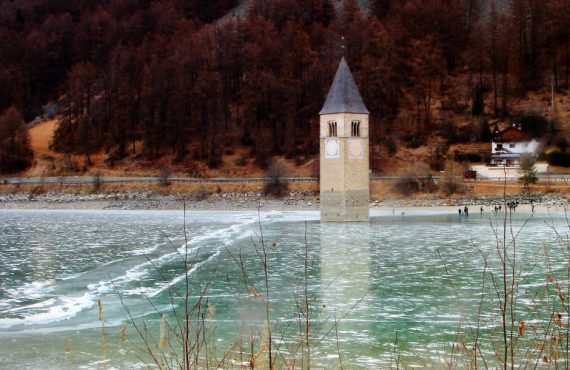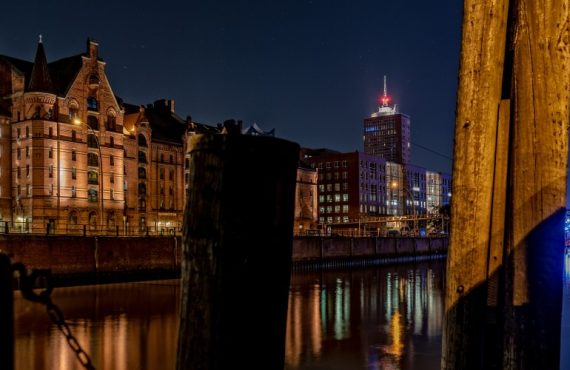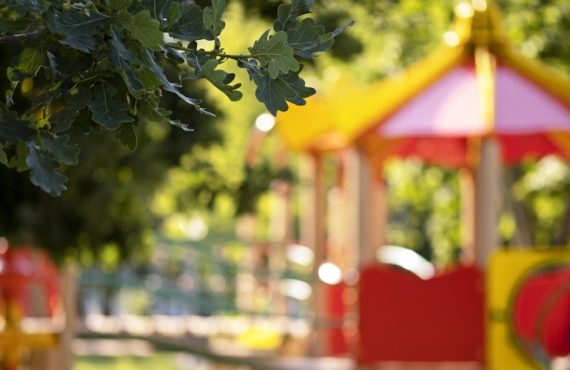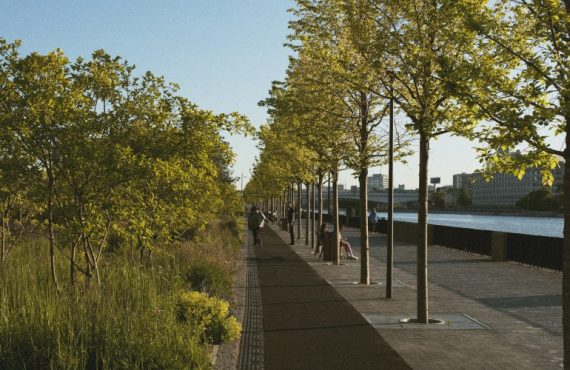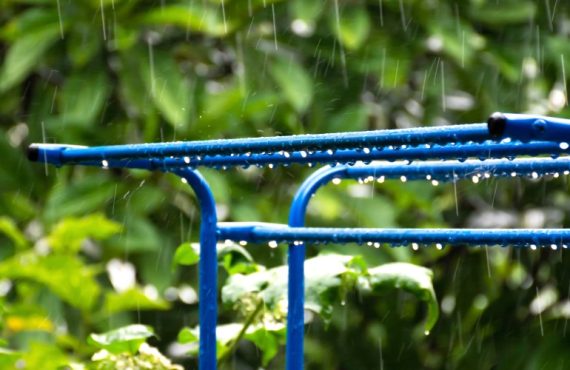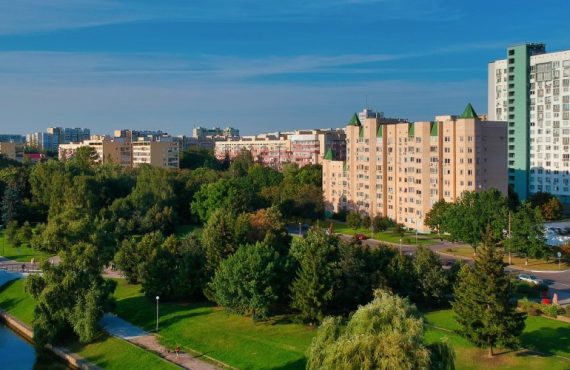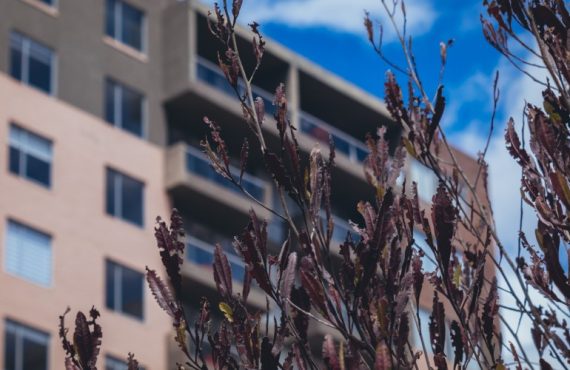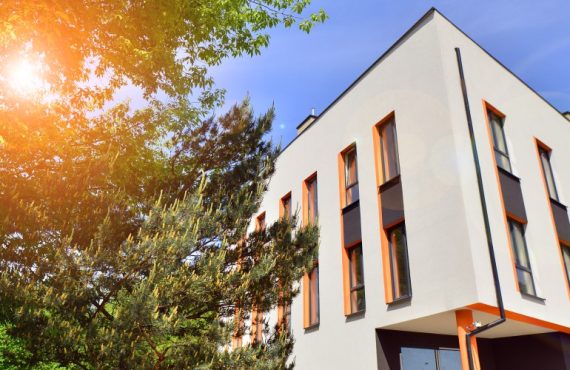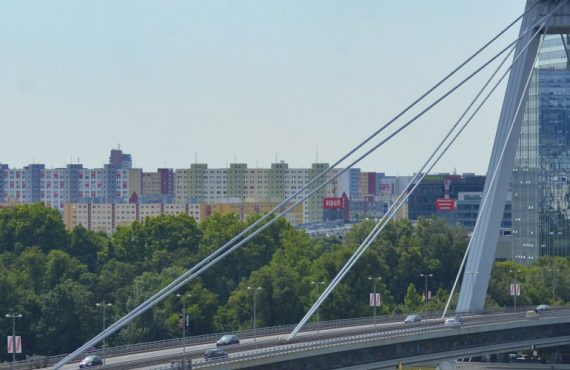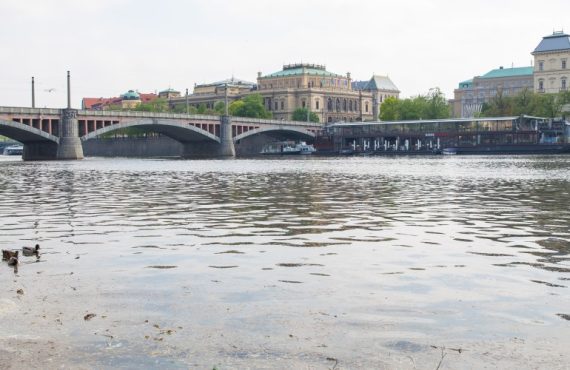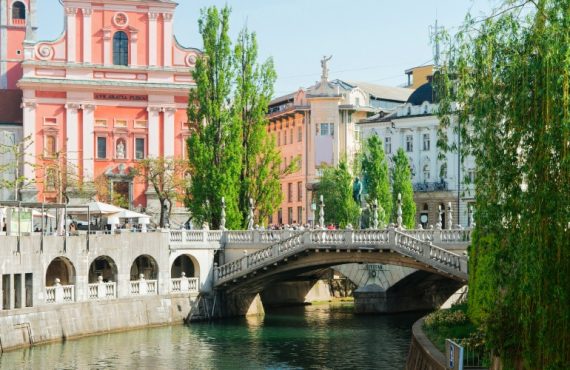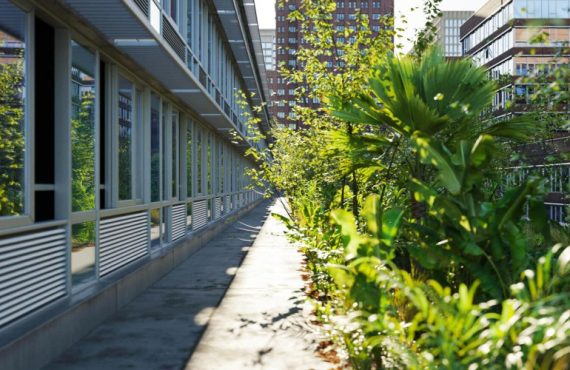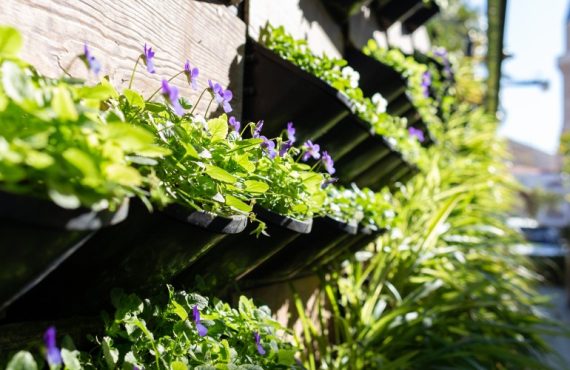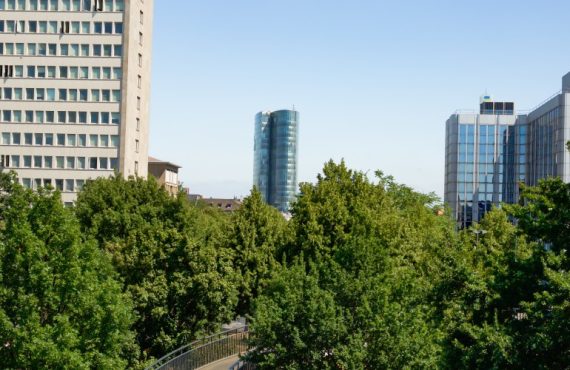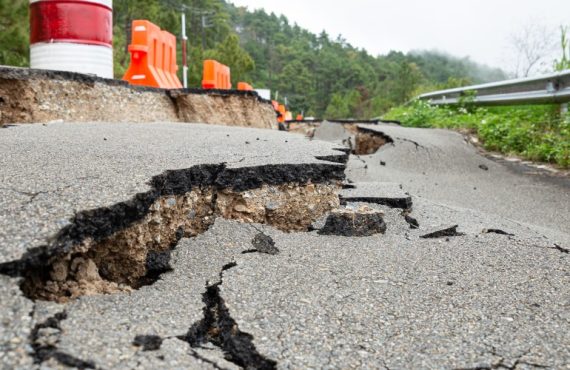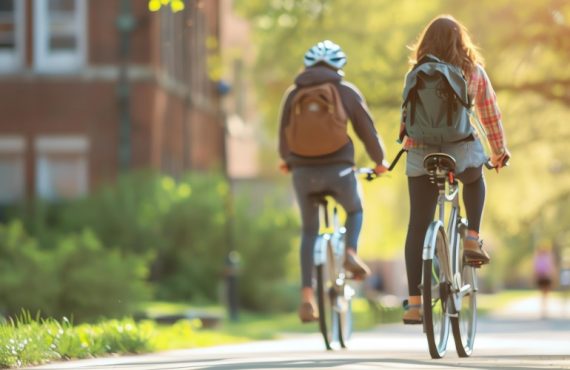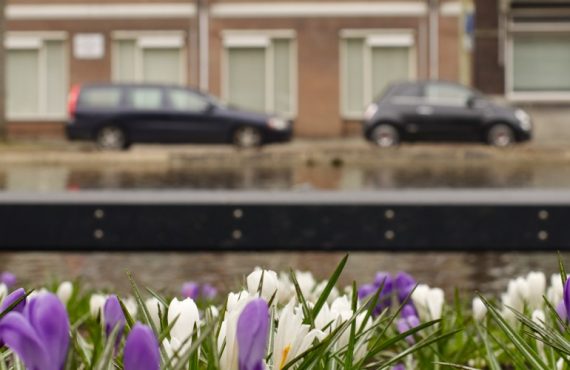Climate Resilience For Citizens Good Practices
Although no there was no separate waste collection in Slovenia until 2001, the town of Vrhnika has managed to transition
The Prague Zero Waste initiative focuses on reducing single-use packaging by encouraging citizens to bring their own reusable containers to
In November 2016, Freiburg decided to stop the flood of disposable coffee cups. One year and a half later, Freiburg
Budapest launched the MOL Bubi bike-sharing system, offering an affordable and environmentally friendly alternative to motorized transport. The MOL Bubi bike-sharing
Mülheim is a part of Cologne which is encircled by the river Rhine to the west, the motorway to the
Brno has developed a smart traffic management system that integrates real-time traffic data, prioritizing public transport and optimizing traffic flows
Development of quality local production, structuring of sectors, school catering, food justice, support for change for healthy and responsible food:
Bratislava’s Sustainable School Meals Programme is a pioneering initiative that focuses on serving locally sourced, seasonal, and organic food in
Prague’s strategic plan (Prague Institute of Planning and Development 2016), formulates a common vision of Prague’s socioeconomic development, broadly sets
Ghent is recognized for its pioneering Gent en Garde food strategy, which promotes sustainable food consumption. The strategy encourages households
Polish city of Wroclaw has been internationally recognized for its commitment to reduce the disaster risk and to help other
By Slovenian constitution, the state and 212 local communities are responsible for urban planning. However, the main spatial and resilience
The city of Esch-sur-Alzette has made a promising start as a leader in urban resilience, becoming the first city in
The schoolyard project (natural playgrounds) was initially implemented in a few schools, then scaled up to more than 20.
Urban Nature in Copenhagen 2015–2025 is an ambitious political decision. With this strategy, city of Copenhagen has an ambitious policy
The city of Bamberg, a UNESCO World Heritage site since 1993, is recognised for its cultural significance spanning over different
Scharnhauser Park in Stuttgart is an area of ecological residential buildings. Its design incorporates an inventive and economical rainwater management
The city of Lodz has adopted blue-green infrastructure solutions to improve water management and resilience to climate change.
At the Green Campus University (former Borongaj Military Barracks) site, Zagreb’s local government has implemented a series of flood control
Kraków has long struggled with poor air quality and high energy consumption in its residential sector. To tackle these issues,
In response to increasing summer temperatures, Brno has launched initiatives focused on energy-efficient housing and cooling strategies. The city is
Ljubljana has been implementing energy efficiency measures in public housing, aligning with its broader efforts to make the city more
Freiburg’s Vauban district is one of the most famous eco-neighbourhoods in Europe. It focuses on energy-efficient housing, promoting passive houses
The “Climate-Resilient Bratislava – Pilot Projects on Decarbonisation, Energy Efficiency of Buildings and Sustainable Rainwater Management in the Urban Environment”
Vienna city has employed water conservation through digital infrastructure. Vienna’s municipal government has developed a comprehensive smart water management system to
Ljubljana launched the “Water is Life” initiative to educate residents on the importance of water conservation. The campaign includes media
The Urban Gardens initiative aims to motivate residents to take the lead in transforming neglected urban spaces, emphasising the value
Berlin’s main challenge is to decouple its growth from negative impacts on climate and the environment. In this respect, maintaining
Bonn4Future Plan, the city’s most extensive participation initiative involved work spanning over two years, and more than 320 randomly selected
Zagreb has implemented a citywide resilience strategy that focuses on mitigating risks from both natural disasters (flooding and earthquakes) and
An example from Hungary, identified by the CORE project (Interreg Europe), is the Munch app. Restaurants, bakeries, and pastry shops
Ljubljana became the first zero-waste capital in Europe in 2014 and has since integrated a variety of public campaigns to
Gdynia has implemented a Sustainable Urban Mobility Plan (SUMP) focused on reducing car usage and promoting public transport, cycling, and
Vienna launched a pilot project where certain streets near schools were closed to cars during peak times when students were
The Kaunas Food Waste Reduction Campaign forms part of broader efforts to address food waste in Lithuania, focusing on both
The new City Hall in Venlo, NL, was designed to be Cradle to Cradle (C2C) certified and was situated in





